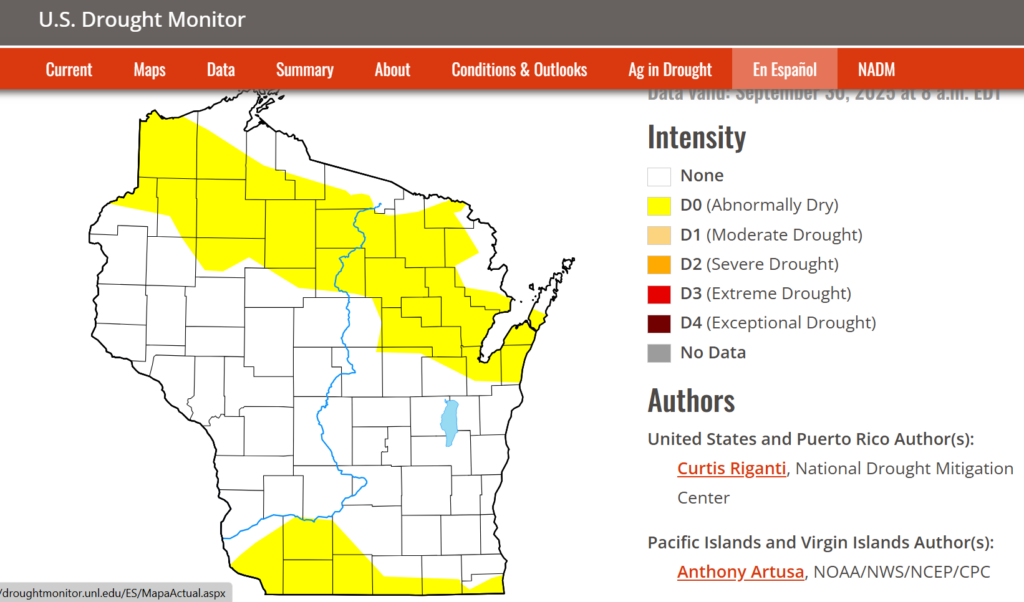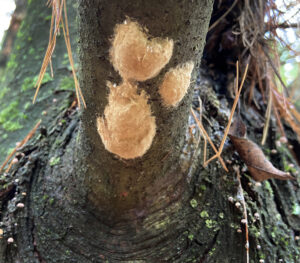
Large egg masses are seen on a tree at the Kettle Moraine State Forest-Southern Unit in 2021. / Photo Credit: Wisconsin DNR
By Bill McNee, DNR Forest Health Specialist, Oshkosh
Bill.McNee@wisconsin.gov
It certainly has been chilly in recent weeks, but spring is coming. When the weather warms up, the annual return of spongy moth caterpillars will begin.
The overall spongy moth population is currently low in Wisconsin. However, egg mass numbers may remain high enough to cause nuisance problems and heavy tree defoliation on individual trees or in small areas.
There’s a way for property owners to help keep the population down: Get out now to locate and properly dispose of spongy moth egg masses, which were produced by adult moths last summer. Each spongy moth egg mass contains hundreds of eggs that will hatch into hungry, leaf-eating caterpillars in the spring.
Continue reading “Now Is Time To Seek Out Spongy Moth Egg Masses”

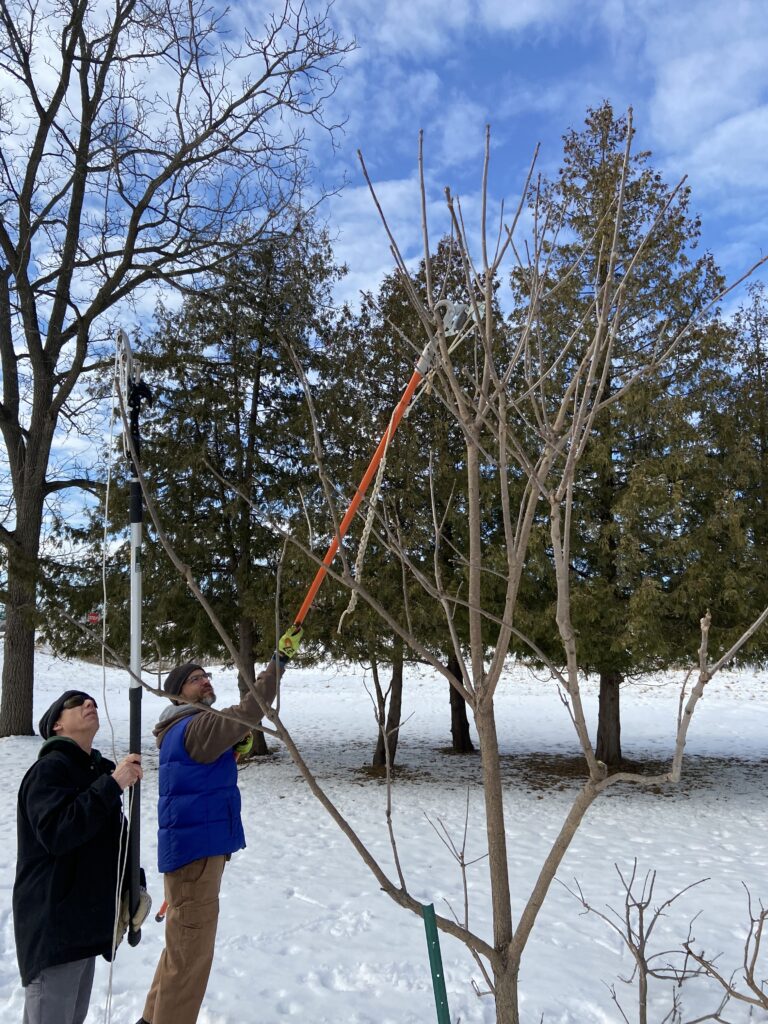 To best answer the titular question, I like to start by flipping the question on its head: When is the worst time to prune trees?
To best answer the titular question, I like to start by flipping the question on its head: When is the worst time to prune trees?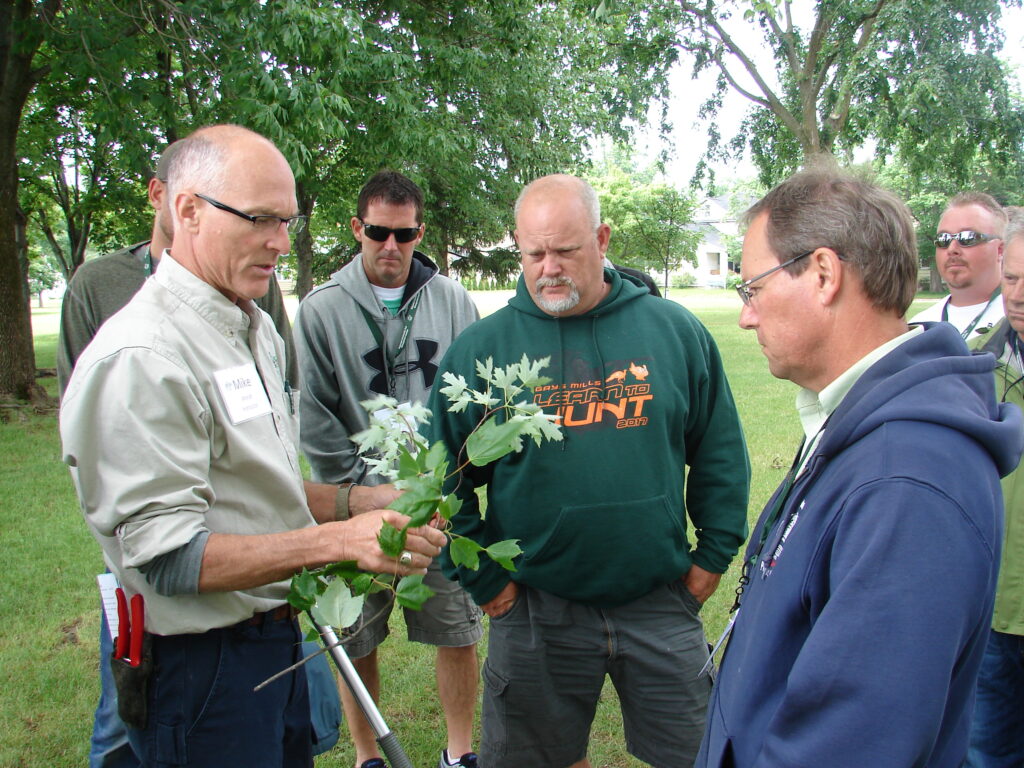 * These training opportunities are provided as an information service only and do not constitute an endorsement from the Wisconsin Department of Natural Resources (DNR).
* These training opportunities are provided as an information service only and do not constitute an endorsement from the Wisconsin Department of Natural Resources (DNR).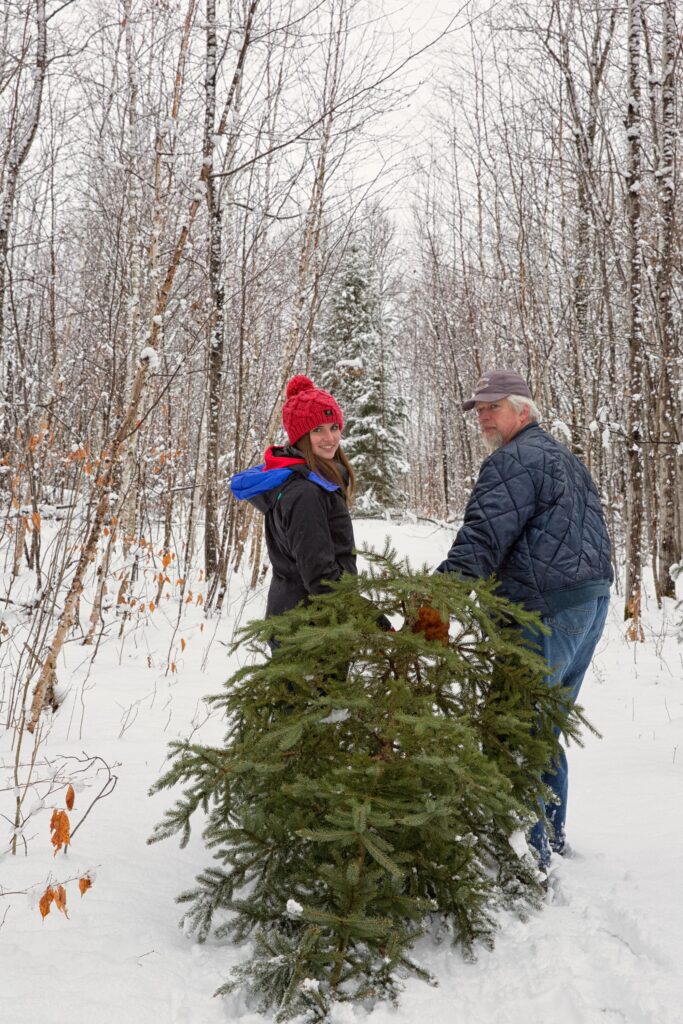 To say that working on a Christmas tree farm in high school led me into forestry would be a case of significant historical revisionism. Still, that experience swam in the same waters as reading Lord of the Rings, going on family vacations to the mountains, having a nearby municipal forest and other things that showed me that trees were the way.
To say that working on a Christmas tree farm in high school led me into forestry would be a case of significant historical revisionism. Still, that experience swam in the same waters as reading Lord of the Rings, going on family vacations to the mountains, having a nearby municipal forest and other things that showed me that trees were the way.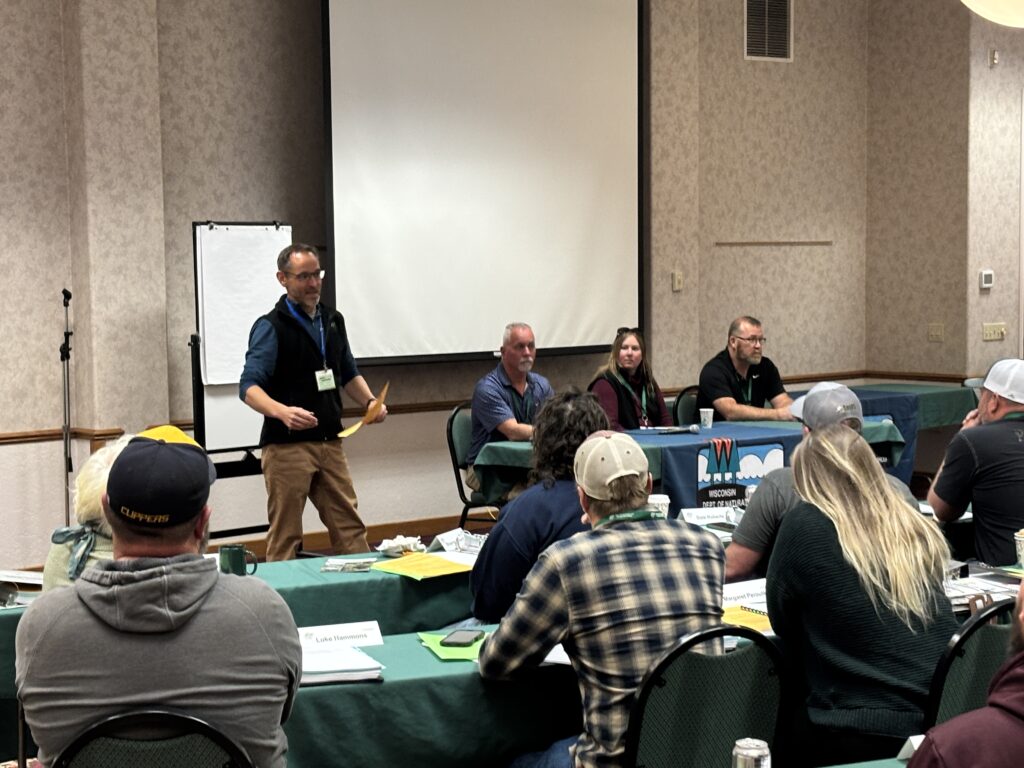 *These training opportunities are provided as an information service only and do not constitute an endorsement from the Wisconsin Department of Natural Resources (DNR).
*These training opportunities are provided as an information service only and do not constitute an endorsement from the Wisconsin Department of Natural Resources (DNR).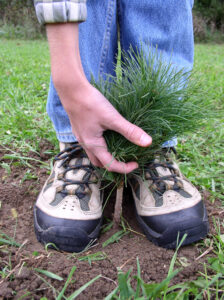
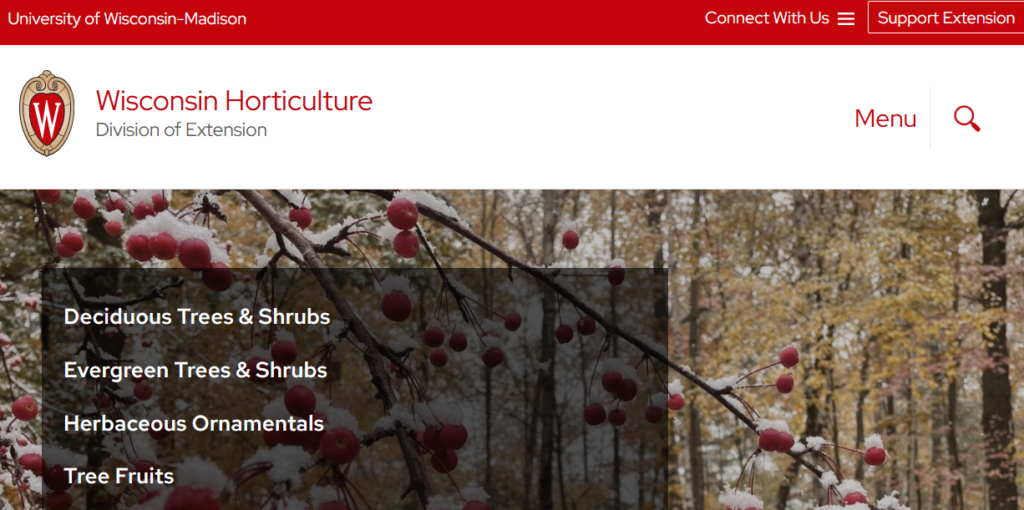 Reliable and up-to-date research-based information is vital for tree care professionals and urban foresters to make sound, scientific management decisions. To make trusted resources more accessible, UW-Extension’s
Reliable and up-to-date research-based information is vital for tree care professionals and urban foresters to make sound, scientific management decisions. To make trusted resources more accessible, UW-Extension’s 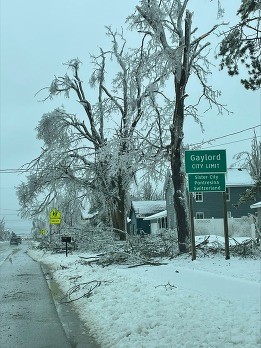
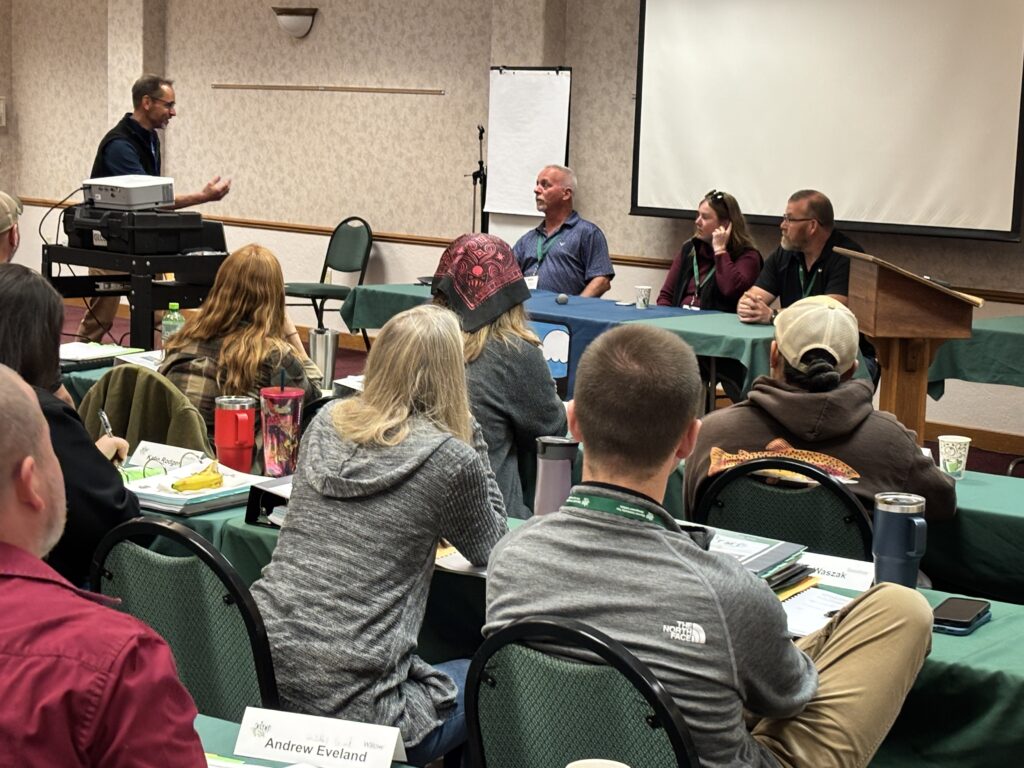 *These training opportunities are provided as an information service only and do not constitute an endorsement from the Wisconsin Department of Natural Resources (DNR).
*These training opportunities are provided as an information service only and do not constitute an endorsement from the Wisconsin Department of Natural Resources (DNR).